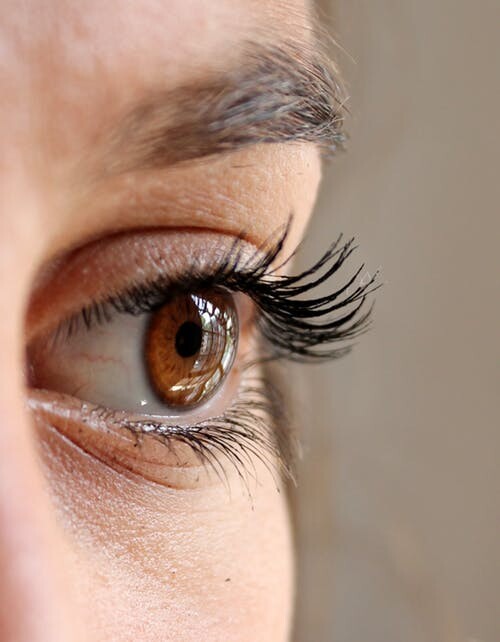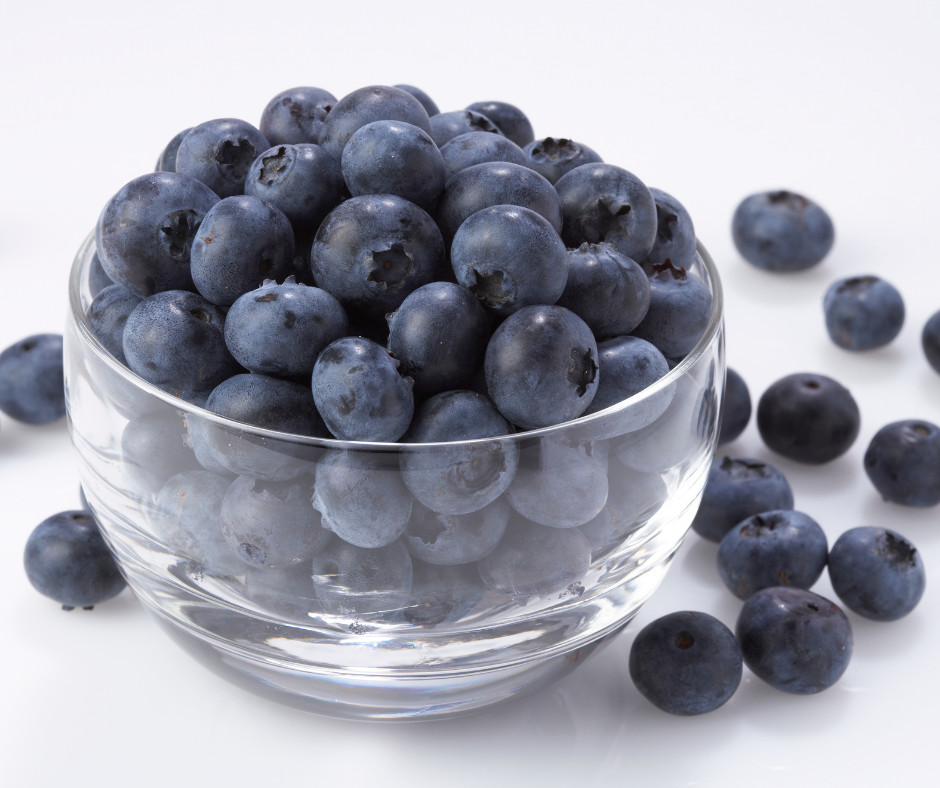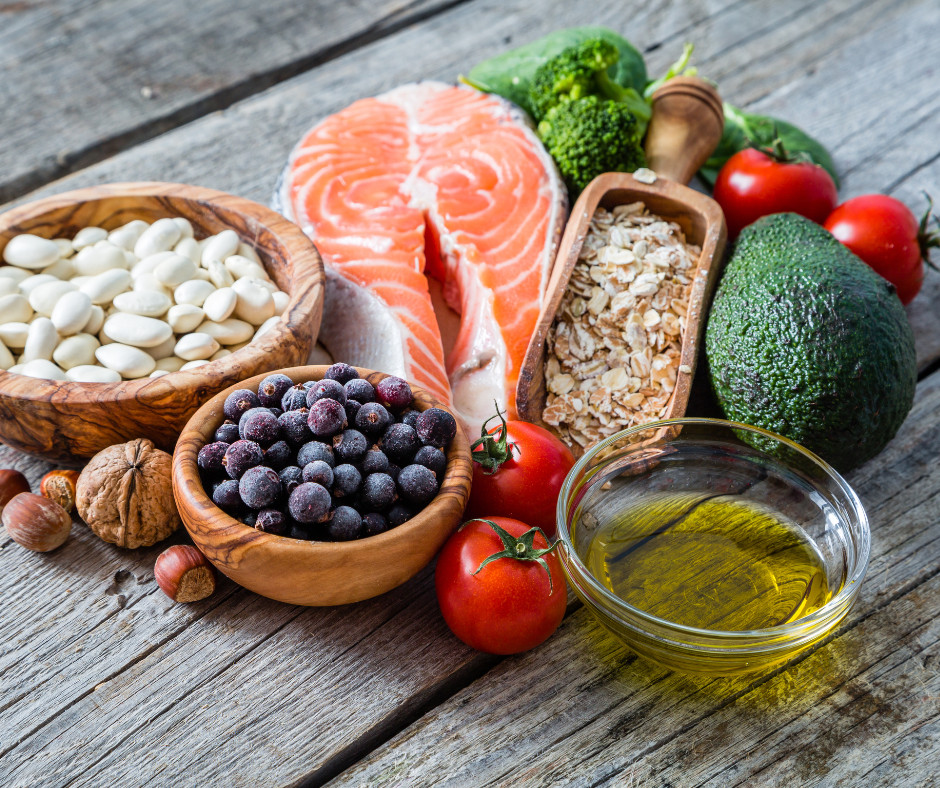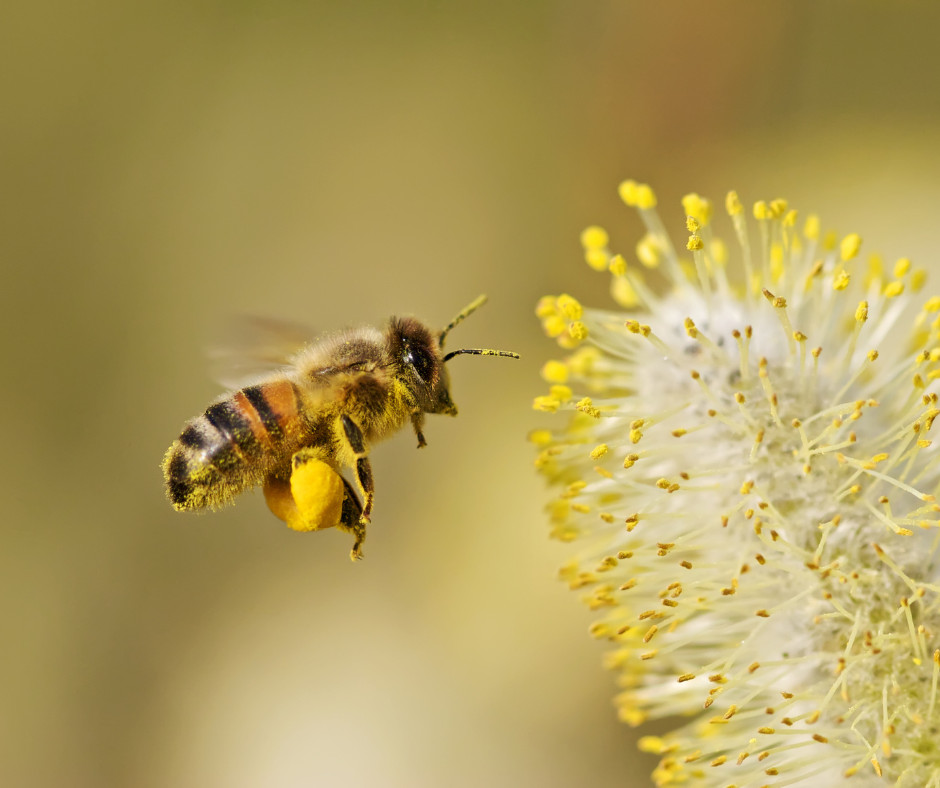
Cataracts are a common eye condition that typically develops after the age of 55, however, they may affect people younger than that, including infants and children. A cataract is an eye condition that is characterized by a clouding of the normally clear lens of your eyes. If your eyes are healthy, the lens is clear and the image you see is clear as well. However, if you have cataracts, it may feel like you are looking through a foggy window or dusty windshield. Cataracts develop and progress in stages, and may be influenced by a variety of dietary, lifestyle, and health factors. Fortunately there are some things you can do to protect your eyes against some causes of cataracts, or at least slow down the progression.
Causes
Most cataracts are thought to be the result of aging. Although there are babies and children that develop congenital cataracts. The two other kinds of cataracts are secondary and traumatic. Secondary cataracts are caused by non-eye-related conditions like medications, ultra-violet lights, radiation, diabetes, high blood pressure or exposure to toxins. Traumatic cataracts form as a result of an injury to the eye.
Healthy Lifestyle
Eating a fresh anti-oxidant rich diet, avoiding toxins, and maintaining healthy habits can help you support your overall health, as well as protect your eyes against cataracts. There have been various studies that have identified connections between diet and cataracts. Those with the healthiest diets were less likely to develop cataracts. This means avoiding refined sugar, refined carbohydrates, refined oil, processed foods, and fast foods. All of these types of food increase inflammation in the body. Instead eat a diet rich in greens, vegetables, fruits, healthy fats, and clean protein, Chronic stress, a sedentary lifestyle, poor sleep, and exposure to chemicals may also increase your risk of inflammation, which can lead to cataracts.
Vitamins D and A
There are several specific nutrients that have been linked to cataracts and other eye conditions. Vitamin D is essential for your overall health and is especially important for eye health. Up to 90% of adults in the United States are thought to be deficient in vitamin D. Spending time in the sun and eating vitamin D rich foods are two naturals ways to boost you vitamin D levels. Mushrooms that have been exposed to UV light are a rich source of vitamin D along with wild caught salmon, eggs, and cod liver oil. Vitamin A is also key when it comes to your eye health. There have been many studies linking vitamin A to eye health. Sweet potatoes and carrots are two great food sources of vitamin A.
Carotenoids
Lutein and zeaxanthin are two carotenoids and are the most common nutrients known for eye health. They are both full of anti-inflammatory properties. In nature, lutein and zeaxanthin appear to absorb excess light energy to prevent damage to plants from too much sunlight, especially from blue light. It can be found in many green leafy plants and colorful fruits and vegetables. Cooked spinach is one of the best natural sources for lutein and zeaxanthin.
Omega-3 Fatty Acids
While both omega-3 and omega-6 fatty acids are important to health, the balance of these two types of essential fatty acids (EFAs) in our diet is extremely important. Most experts believe the ratio of omega-6 to omega-3 fatty acids in a healthy diet should be 4-to-1 or lower. Unfortunately, the typical American diet, consists of significant amounts of meat and processed foods, and tends to contain 10 to 30 times more omega-6 than omega-3 fatty acids. Studies have looked at the positive connection between omega-3 fatty acids and eye health. Eating a fatty fish once a week can help supply you with sufficient omega-3 fatty acids. Non-fish sources include flaxseeds, flaxseed oil, walnuts and dark green leafy vegetables. However, your body cannot process the omega-3 fatty acids from these vegetarian sources as easily as it can process the omega-3 fatty acids found in fish.
Did this help you? If so, I'd greatly appreciate it if you commented and/or share it on social media.

Email: sharonledwards@hotmail.com
Facebook: https://www.facebook.com/sharonledwardsbiz/














